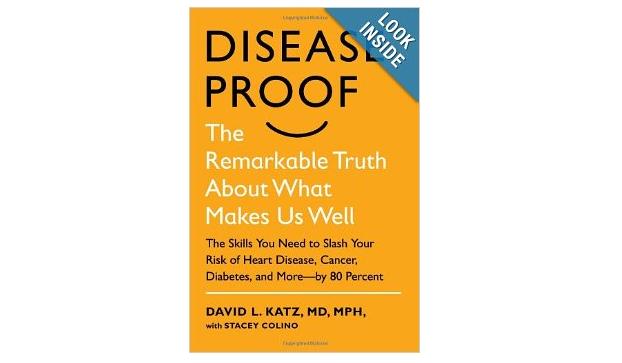Cure Your Fast Food Addiction By Putting Your Tastebuds Through Rehab
Oct 29, 2013 22:58
What is it about fast food that makes it so addictive? Other than the hidden sugars, this could also have to do with the saltiness of these foods. And that's because few foods found in nature are naturally as salty. Since we need salt to survive, it could be that our taste buds have adapted to welcome it, regardless of the source.
If this really was the case, is it possible to get these tastebuds to adapt to the taste of nutritious food? Consider it as putting your taste buds through rehab, by cutting out all that superfluous sugar, salt, trans fat and food chemicals.

That's the idea behind the latest book written by online columnist David L. Katz, who cites the omnivore's paradox as an example on why humans have long been adapting their tastebuds in order to survive:
Sounds like it would be worth a shot, especially when it's your health that's on the line. You can pre-order Katz book now through Amazon
[Yahoo!]
If this really was the case, is it possible to get these tastebuds to adapt to the taste of nutritious food? Consider it as putting your taste buds through rehab, by cutting out all that superfluous sugar, salt, trans fat and food chemicals.

That's the idea behind the latest book written by online columnist David L. Katz, who cites the omnivore's paradox as an example on why humans have long been adapting their tastebuds in order to survive:
Any time our Stone Age ancestors tried a new food, there was a chance it might kill them — so they tended to be quite reticent about doing so (i.e., neophobia = fear of the new). On the other hand, as they wandered, if they didn't try new foods, they were destined to starve — so they were prone to give it a shot (i.e., neophilia = love of the new).
Instead of putting all the blame on fast food companies, Katz says we should take the initiative to make better food choices. Obviously, this would involve cutting back drastically on junk food. But with enough willpower and training, people may soon start to prefer these healthier choices despite of the way they taste. Sounds like it would be worth a shot, especially when it's your health that's on the line. You can pre-order Katz book now through Amazon
[Yahoo!]







































































